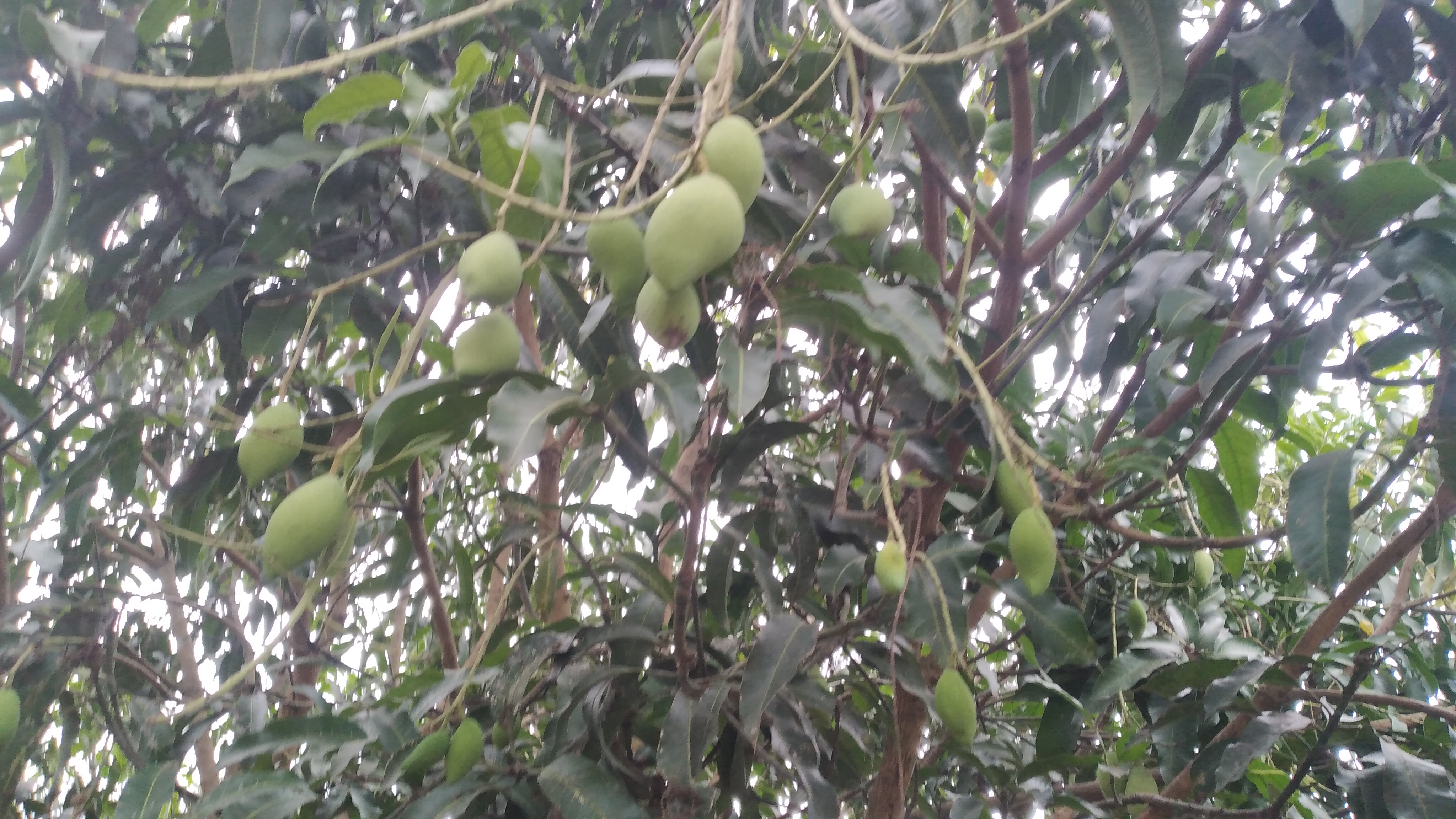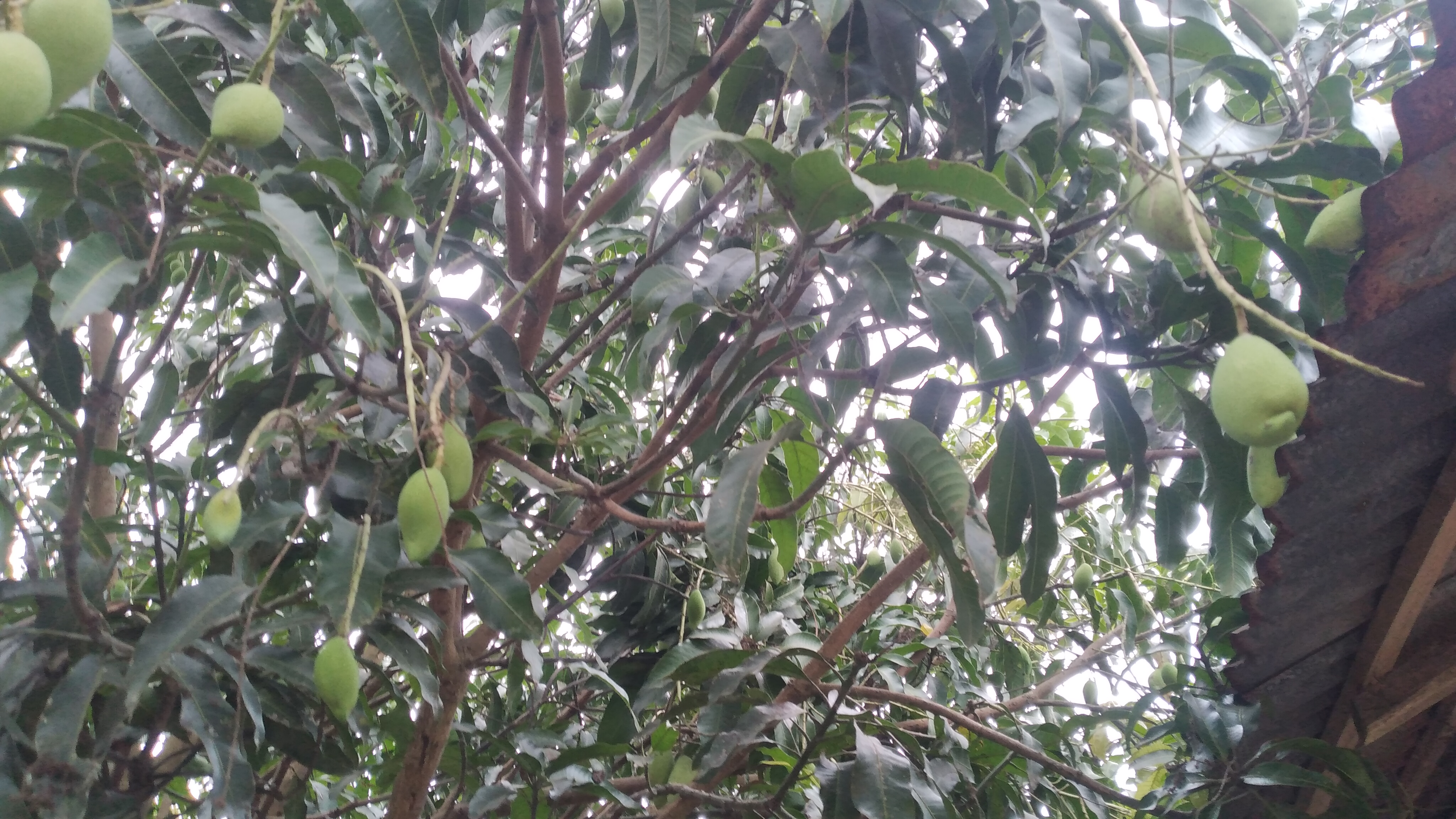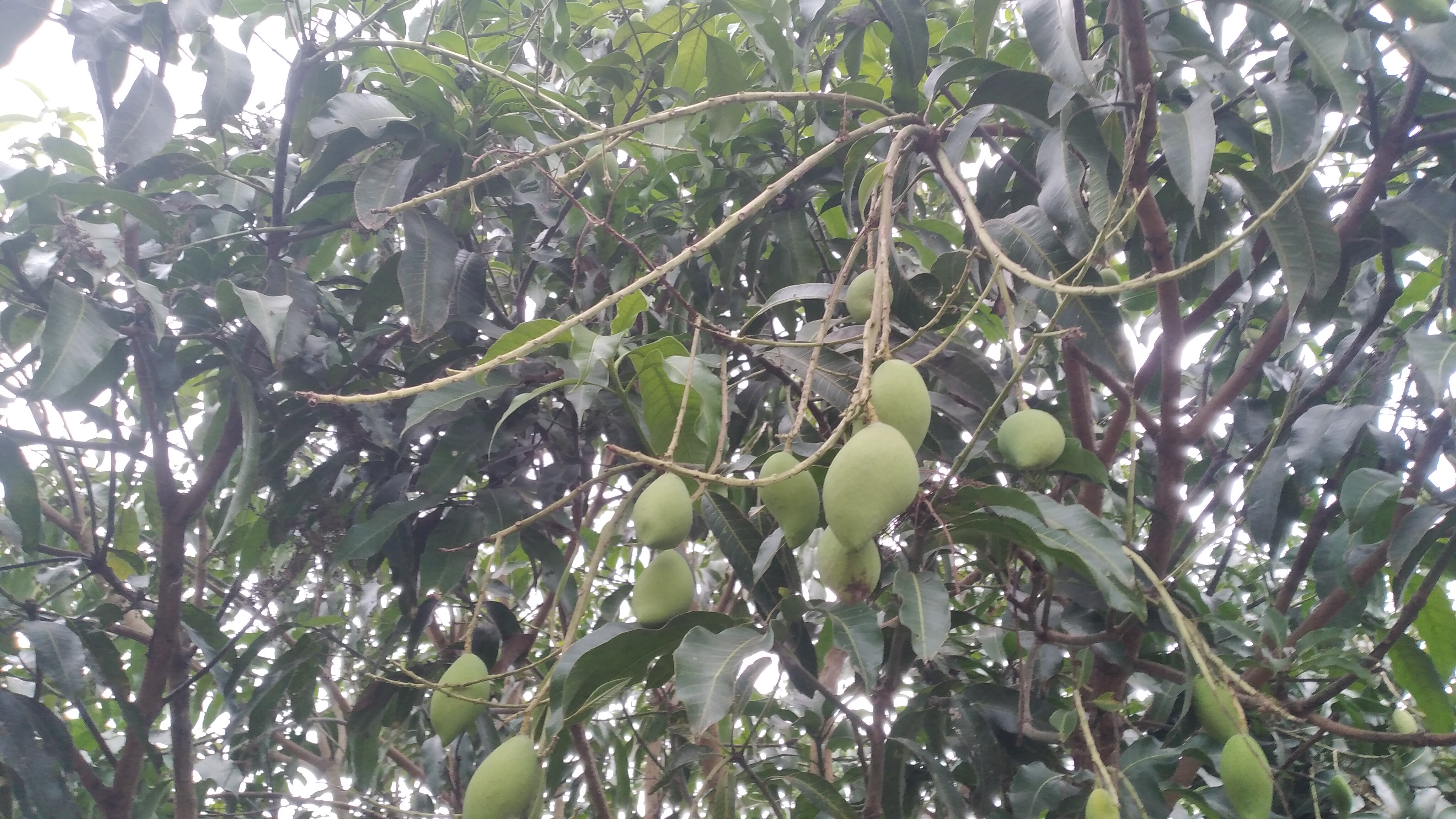Honey mango fruit is fertile
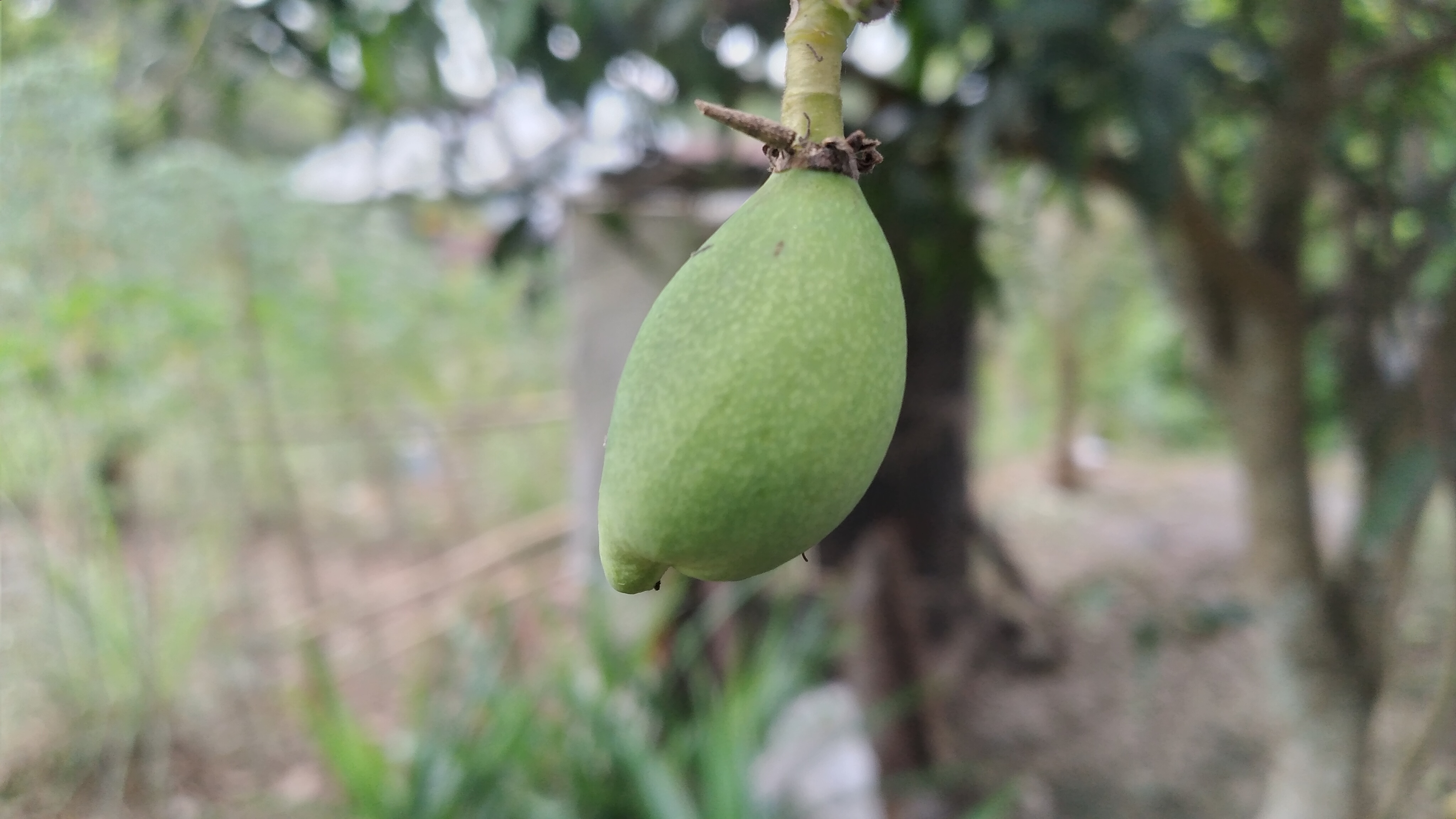
Mango plants belong to the Anarcadiaceae family, in the form of trees reaching a height of 10-40 meters with a trunk diameter of around 80-100cm. The stem is gray, the skin is unevenly split and the sap is clear white. For growth, it does not require heavy conditions, the plant can grow well at an altitude of 300-500m above sea level, especially in loose soil with a pH of 5-6 and well-drained. The climate required for its growth is one that has a dry period of around 3-4 months.
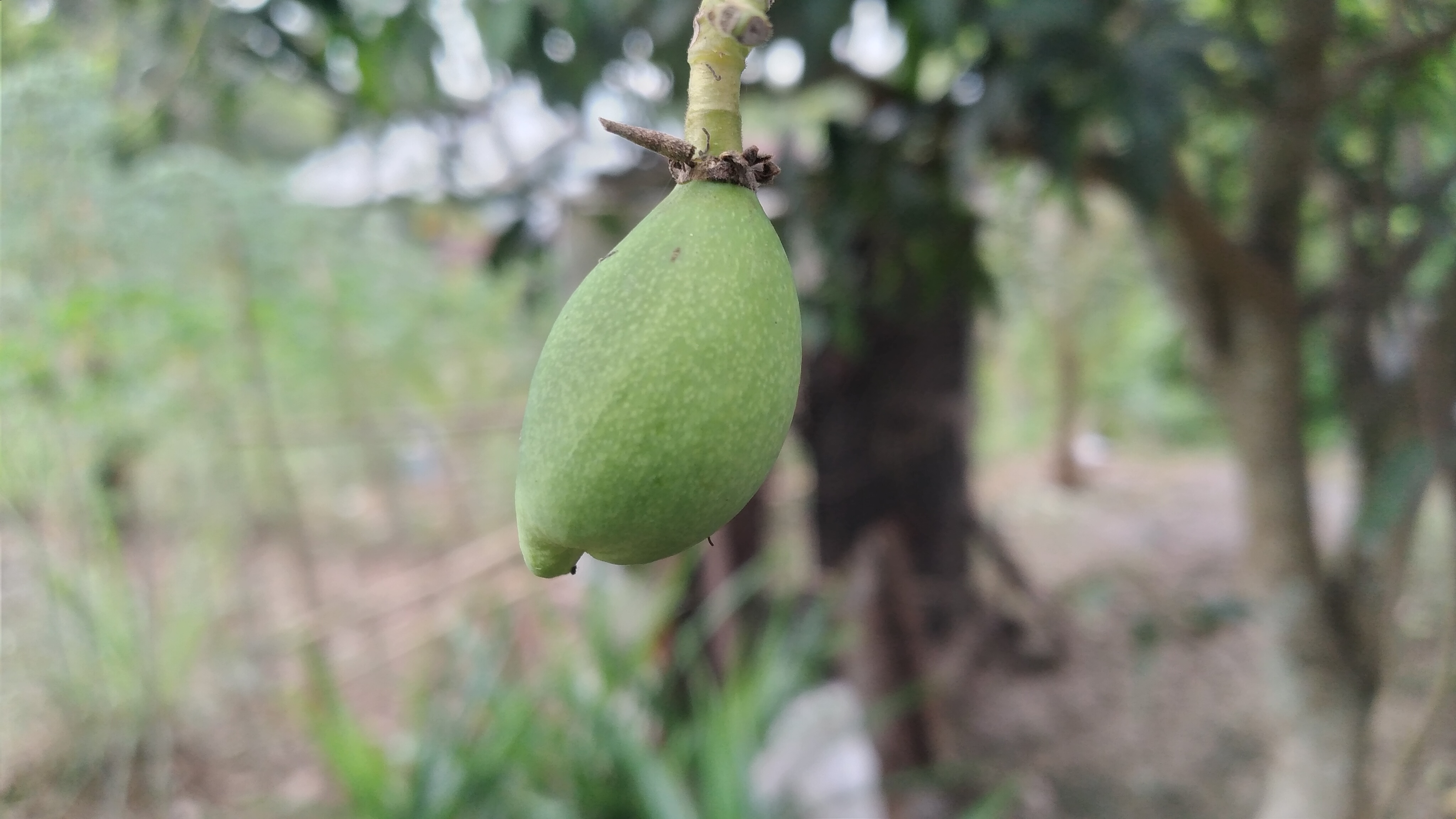
Honey mango or also called manalagi mango is one of the mango varieties that is popular with the public.
Honey mangoes can be planted in any area, as long as the soil is fertile and not waterlogged. So, how do you cultivate and care for honey mango plants? The following is a brief description of honey mangoes and how to cultivate them.
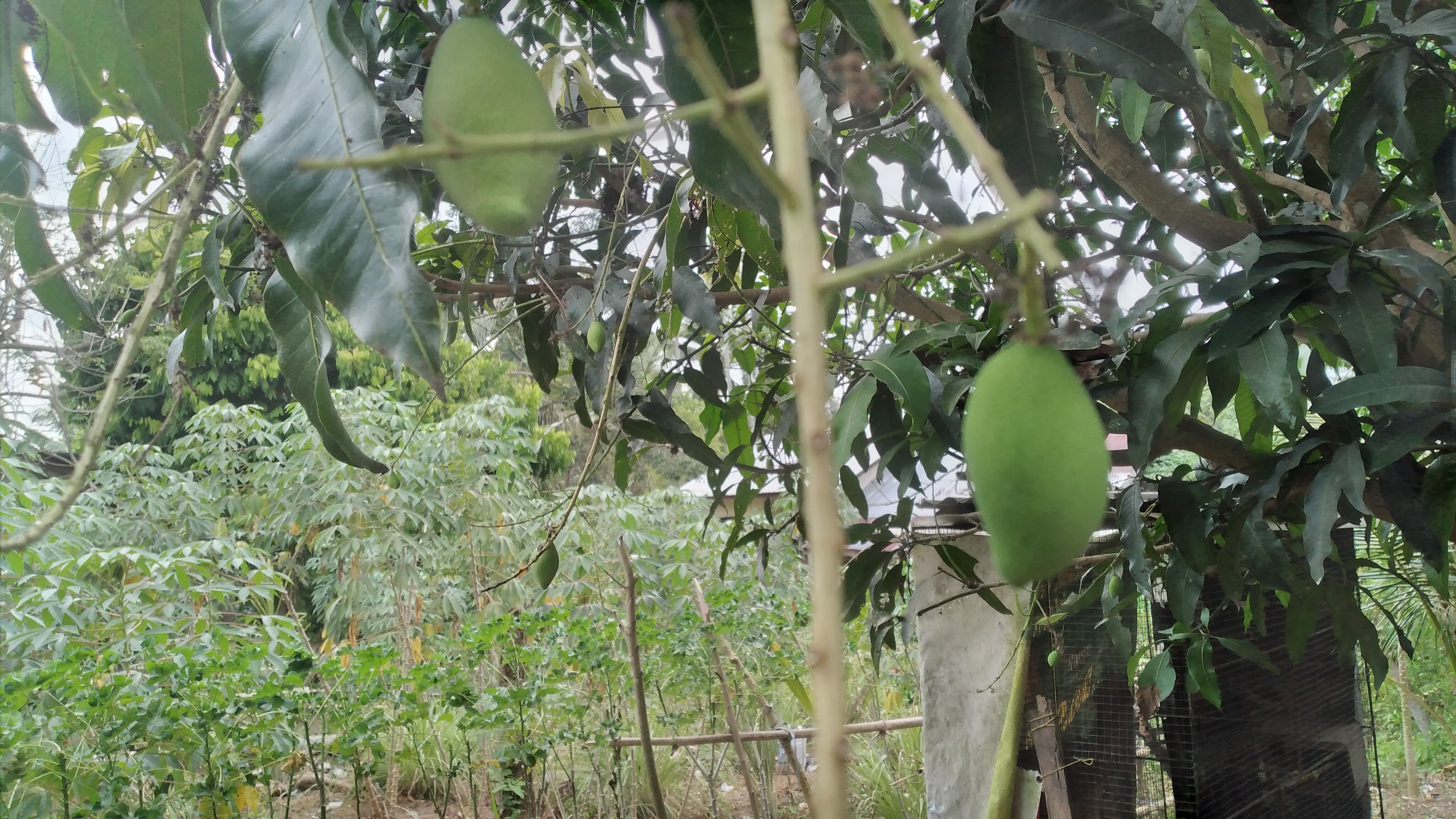
Morphology of Honey Mango
When viewed from a morphological perspective, honey mango has the following special characteristics:
Honey mango fruit is generally slightly smaller than other mangoes.
The fruit is bright green with white spots. The white spots on honey mangoes are larger and more evenly distributed, even visible until the mango is ripe.
The color of the fruit skin becomes green when the fruit is ripe.
The leaves are longer and not too wide.
The tree is not too tall compared to other mango trees.
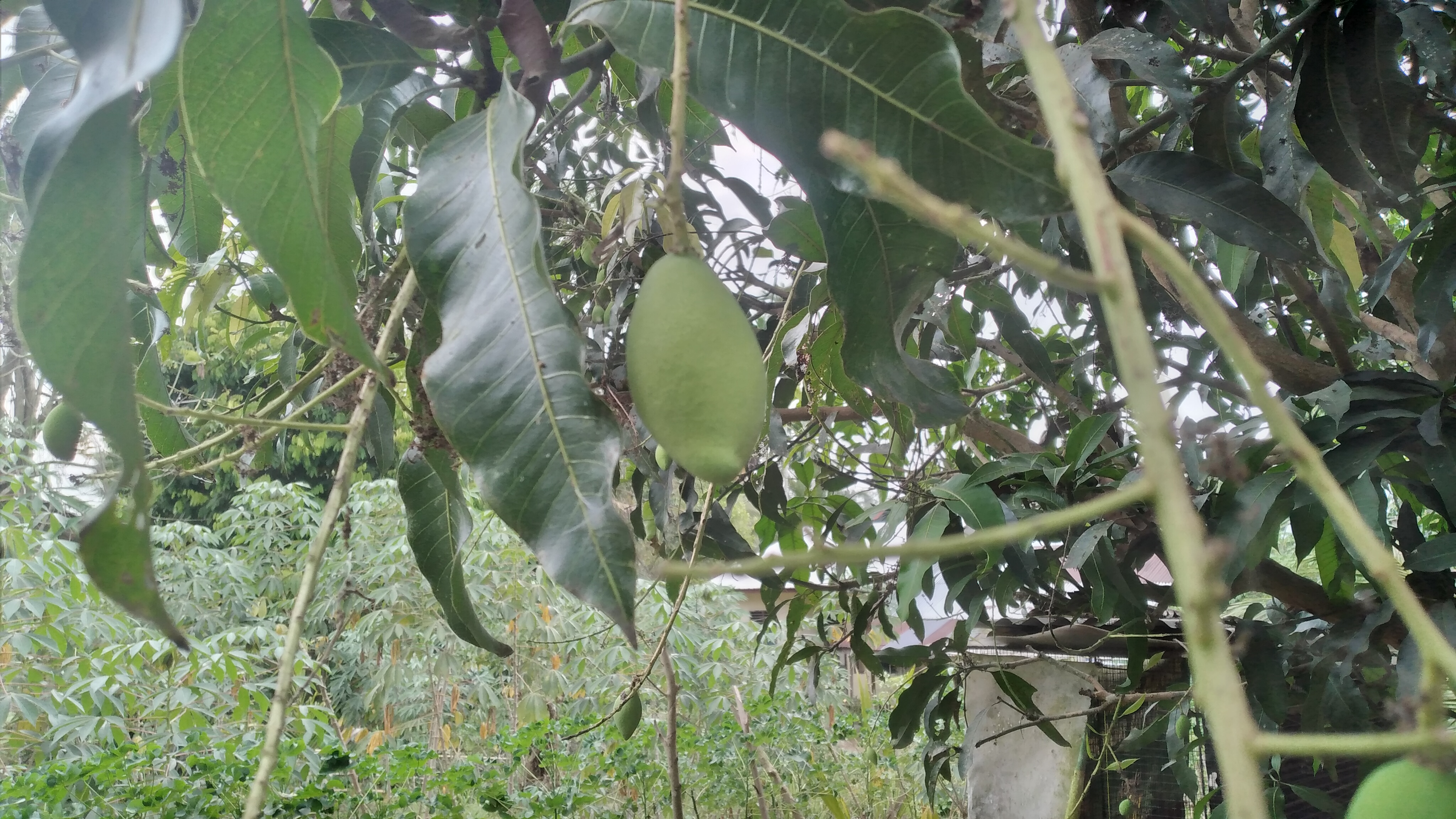
Get to know the types of honey mango trees
At first glance, honey mango trees look the same as other types of mango trees, but honey mango trees have special characteristics, for example the tree trunk is slimmer and shorter. The crown of the honey mango tree also looks round with a diameter of about 12 meters. If you look closely, the honey mango leaves look sparse and scattered when compared to other mango trees.
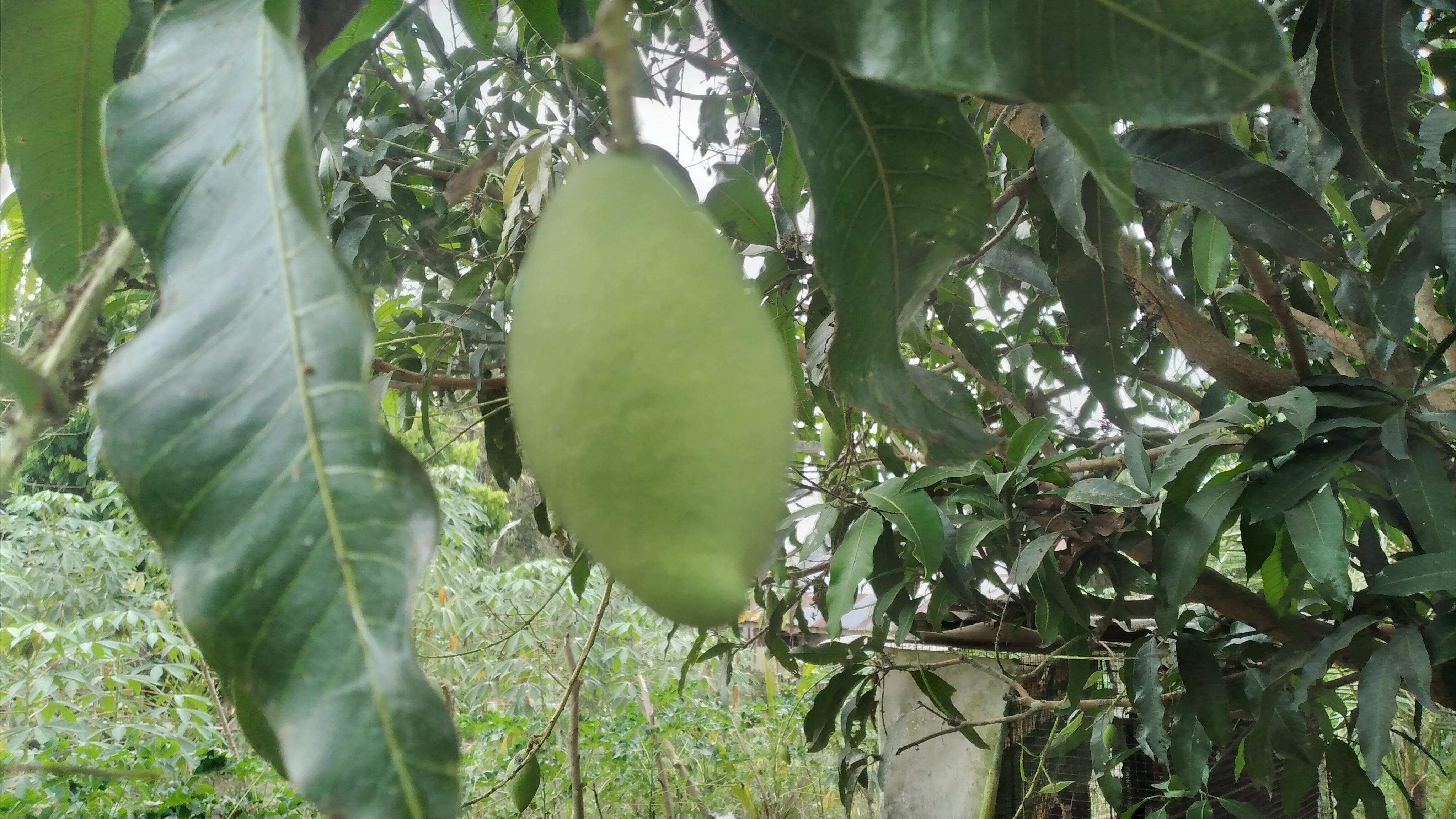
Another physical characteristic of the honey mango tree lies in the distinctive shape of the fruit, which looks fat but is not as round as the apple mango. If you cut it open, the flesh will appear yellowish white, many people first see it and think it is rotten and throw it away, the texture is soft and has thick flesh.
Then the aroma, both leaves and fruit have a distinctive fragrant aroma but is not too strong.
Then the taste, honey mango has a fresh sweet taste like a combination of golek mango with sweet arum. So, it's not surprising that many people like this mango, especially since the fruit's flesh is very thick and still tastes sweet even though it's not yet ripe.
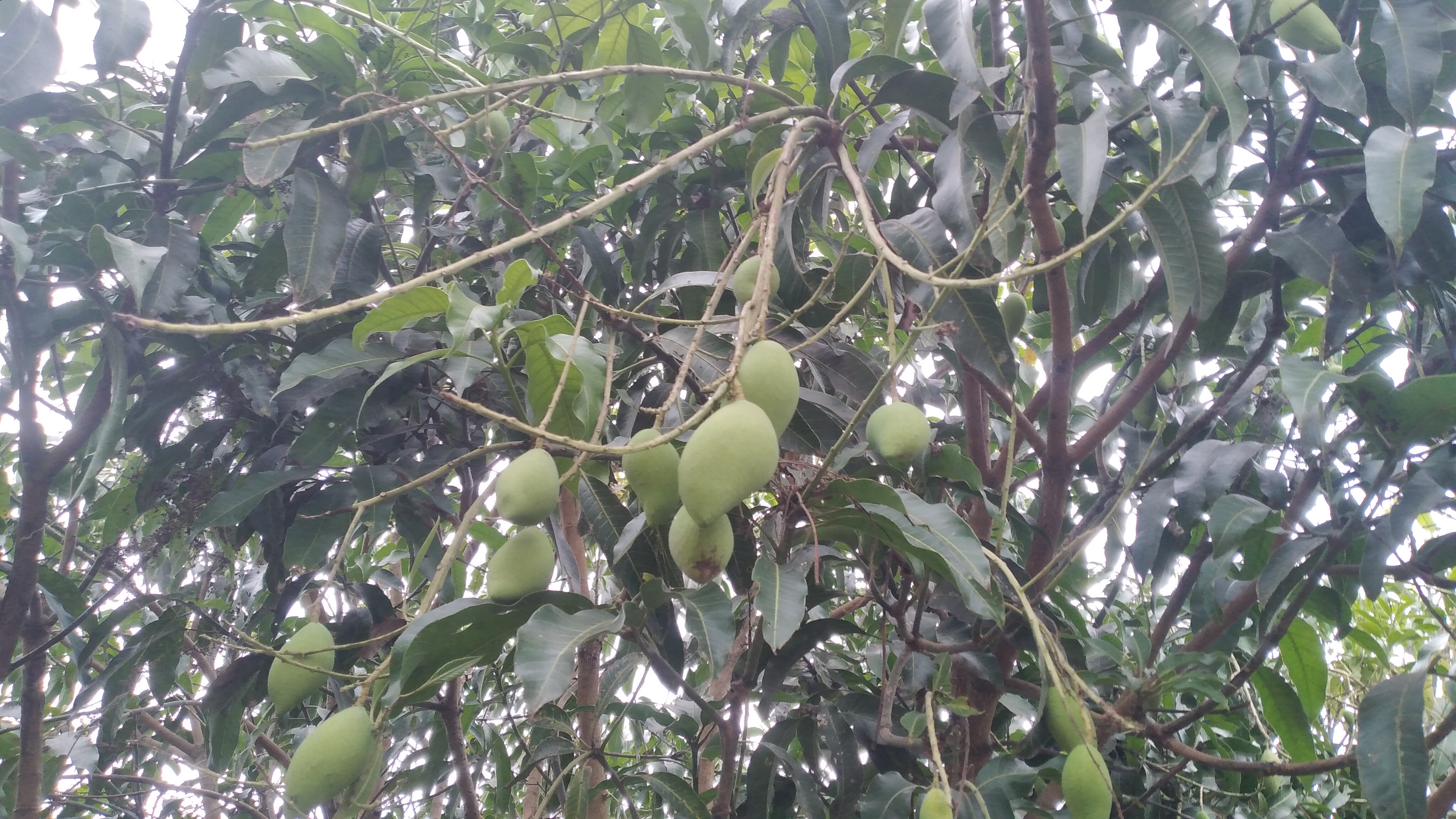
How to plant
So, after getting to know the honey mango tree, you are interested in cultivating it, right? If yes, you must first know how to plant it.
Planting honey mango trees which are often used are:
By sowing seeds in polybags.
Connect shoots or with grafts.
However, if you want your honey mango tree to bear fruit quickly, then you should use the grafting technique.
Once the honey mango seeds are ready to be planted, then plant them in the land provided. Provide a planting hole with a depth of 50 cm to 1 meter with a planting distance of 8-9 meters. This depth and distance is necessary so that the plant roots develop optimally.
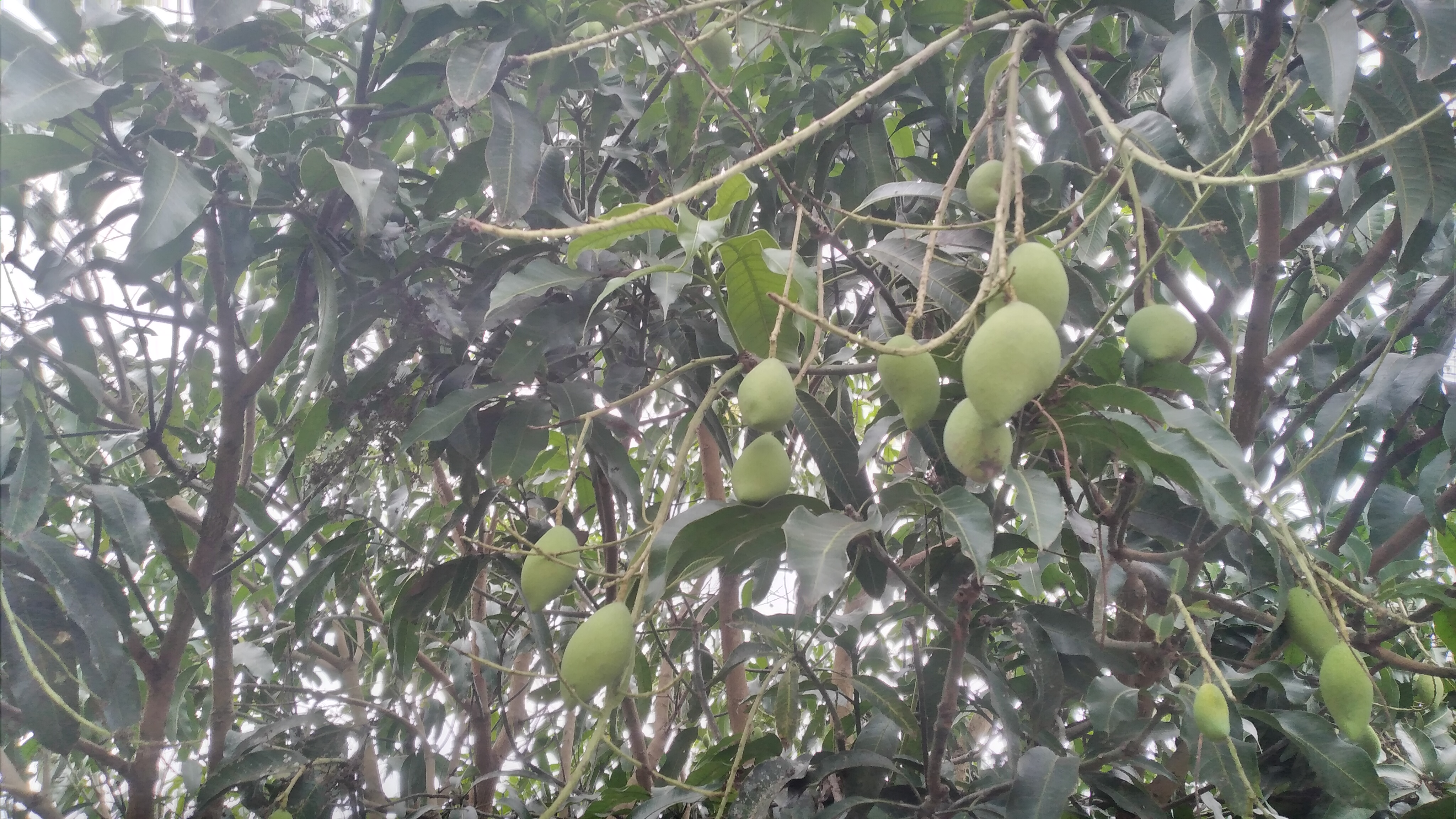
Carry out maintenance by fertilizing regularly, other maintenance by spraying pesticides and spraying clean water regularly.
Cut branches if necessary. You need to know and remember that when the tree starts to flower, stop watering it.
That's a simple and easy way to plant and care for honey mango trees.
